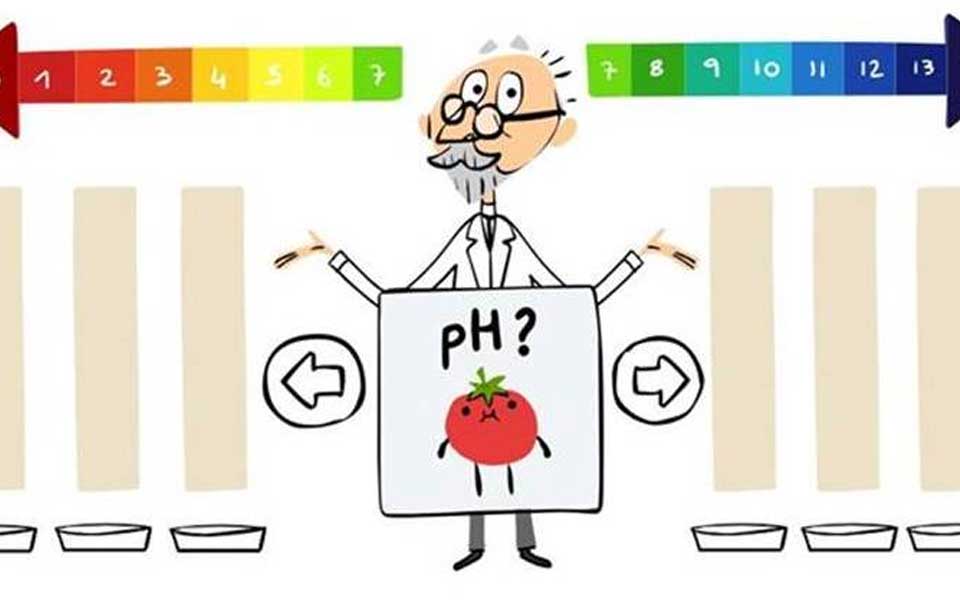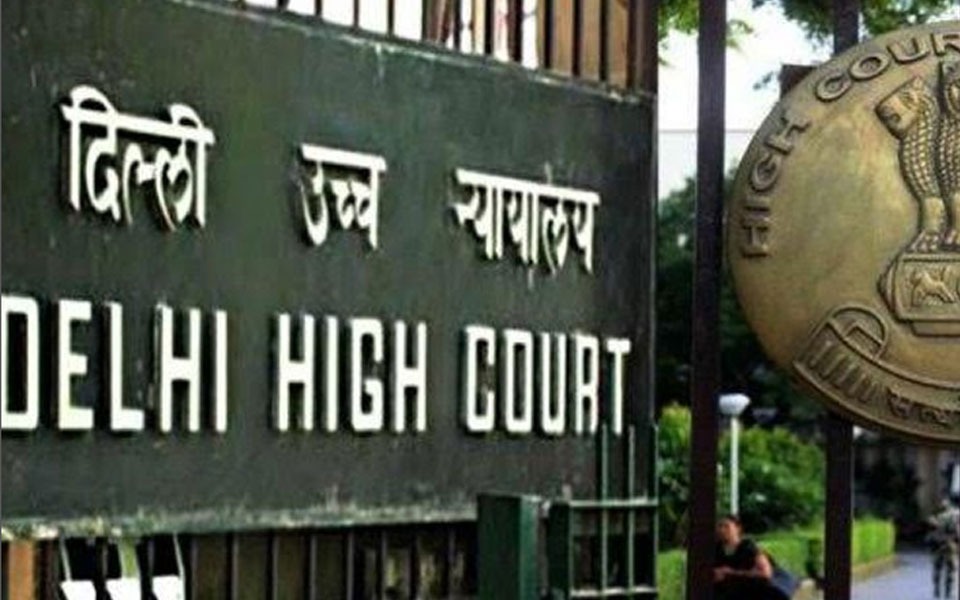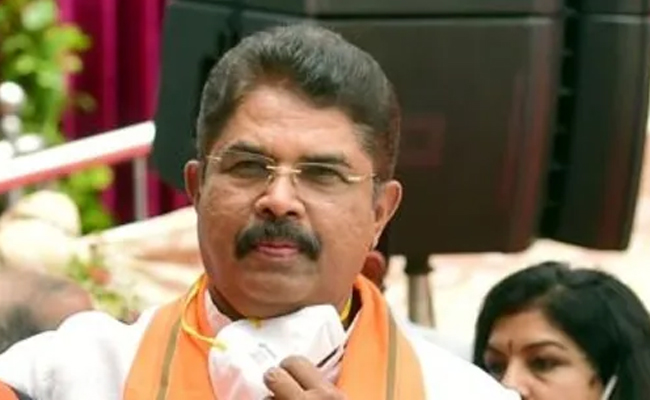New Delhi, May 29 : Google on Tuesday celebrated Danish chemist Soren Peder Lauritz Sorensen who introduced the pH scale to the world with an interactive Doodle.
Sorensen's method of expressing acidity -- the negative logarithm of hydrogen ion concentration (pH) -- still has a wide range of real-world uses.
For example, in agriculture, the pH value can indicate the moisture associated with a soil, which can reveal what crops are suitable for the soil and what adjustments farmers must make to adapt it for growing any other crops.
Born in Havrebjerg in 1868, Sorensen was initially interested in studying medicine at University of Copenhagen. But he eventually spent more time studying chemistry and obtained his PhD in 1899.
Sorensen did most of his research in Carlsberg Laboratories. He became the director of its chemical section in 1901. While at Carlsberg, Sorensen started to study amino acids, proteins and enzymes.
As hydrogen ion concentration played a key role in enzymatic reactions he devised a simple way of expressing it, according to EuCheMS, the European Association for Chemical and Molecular Sciences.
He found that by taking a negative logarithm of hydrogen ion concentration a convenient scale can be established. This is the well-known pH value.
He also developed buffer solutions to maintain constant pH of solutions (Sorensen buffers), EuCheMS noted in a short biography of the scientist in its website.
The Google Doodle on Tuesday allows users to see for themselves the pH value of different food items, including tomatoes and eggs in a scale of 1 to 14.
Sorensen retired from his post at Carlsberg in 1938. He died in Copenhagen in 1939.
Let the Truth be known. If you read VB and like VB, please be a VB Supporter and Help us deliver the Truth to one and all.
New Delhi (PTI): The Delhi High Court questioned the city government on Wednesday over its failure to regulate the sale and transfer of used vehicles, while pointing out that in a recent bomb blast near the Red Fort, a second-hand car was used, making the issue more significant.
A bench of Chief Justice Devendra Kumar Upadhyaya and Justice Tushar Rao Gedela asked the Delhi government to file a detailed response on the issue of regulating authorised dealers of registered vehicles.
"A car changes four hands but the original owner has not changed. Therefore, what happens? That man (the original owner) goes to the slaughterhouse? What is this? How are you permitting this? You will take a call when two-three more bomb blasts take place?" the bench asked the Delhi government's counsel.
The bomb blast near the iconic Mughal-era monument was carried out using a second-hand car, making the issue even more significant, it said.
The court listed the matter for further hearing in January 2026.
ALSO READ: Nightclub fire: Goa court remands Luthra brothers in police custody for five days
The court was hearing a public interest litigation (PIL) plea filed by an organisation, Towards Happy Earth Foundation, highlighting the challenges in the implementation of rules 55A to 55H of the Central Motor Vehicles Rules, introduced in December 2022 to regulate authorised dealers of registered vehicles.
While the rules were intended to bring accountability to the second-hand vehicle market, the petitioner's counsel argued that they have failed in practice due to regulatory gaps and procedural hurdles.
The plea said there is a major gap in the amended framework, that is, the absence of any statutory mechanism for reporting dealer-to-dealer transfers.
"In reality, most used vehicles pass through multiple dealers before reaching the final buyer, but the rules recognise only the first transfer to the initial authorised dealer.
"As a result, the chain of custody breaks after the first step, defeating the very purpose of accountability," the petition said.
It added that because of these gaps, only a very small percentage of dealers across India have been able to obtain authorised dealer registration and in Delhi, not a single dealer has got it.
Consequently, lakhs of vehicles continue to circulate without any record of who is actually in possession of those, it said.
The plea said only a small fraction of India's estimated 30,000 to 40,000 used-vehicle dealers are registered under the authorised-dealer framework.
The petition also pointed out that the 11-year-old vehicle used in the November 10 bomb blast near the Red Fort was sold several times but was still registered in its original owner's name.
The blast near the Red Fort had claimed 15 lives.





